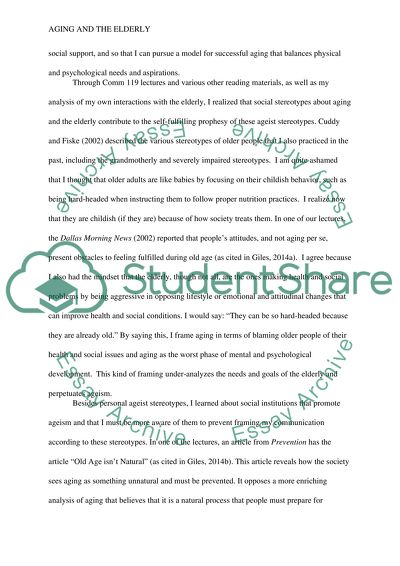Cite this document
(“What Intergenerational Communicationand Aging means for my own life, Essay”, n.d.)
What Intergenerational Communicationand Aging means for my own life, Essay. Retrieved from https://studentshare.org/journalism-communication/1672182-what-intergenerational-communicationand-aging-means-for-my-own-life-now-and-in-the-future
What Intergenerational Communicationand Aging means for my own life, Essay. Retrieved from https://studentshare.org/journalism-communication/1672182-what-intergenerational-communicationand-aging-means-for-my-own-life-now-and-in-the-future
(What Intergenerational Communicationand Aging Means for My Own Life, Essay)
What Intergenerational Communicationand Aging Means for My Own Life, Essay. https://studentshare.org/journalism-communication/1672182-what-intergenerational-communicationand-aging-means-for-my-own-life-now-and-in-the-future.
What Intergenerational Communicationand Aging Means for My Own Life, Essay. https://studentshare.org/journalism-communication/1672182-what-intergenerational-communicationand-aging-means-for-my-own-life-now-and-in-the-future.
“What Intergenerational Communicationand Aging Means for My Own Life, Essay”, n.d. https://studentshare.org/journalism-communication/1672182-what-intergenerational-communicationand-aging-means-for-my-own-life-now-and-in-the-future.


